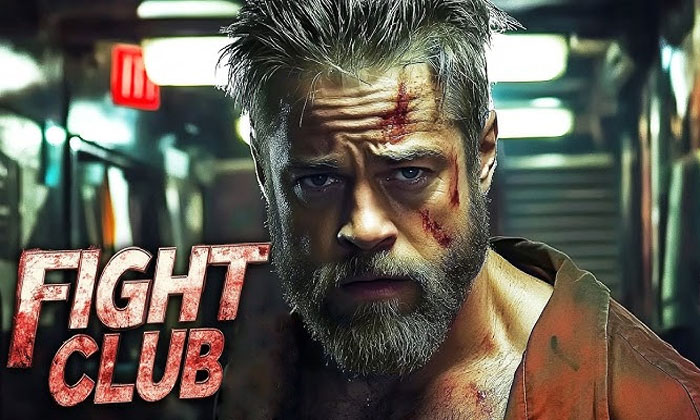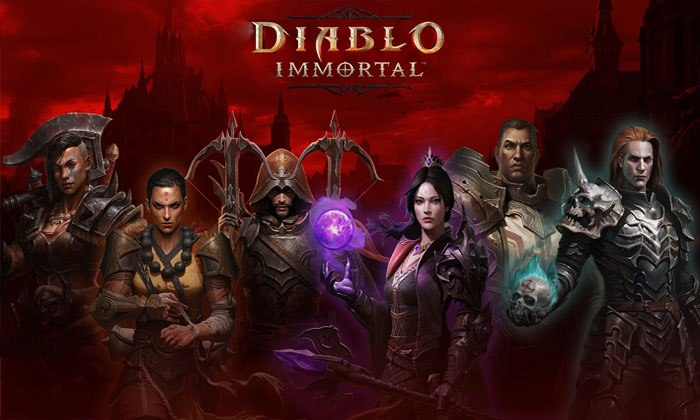
Web design is a constantly evolving field, blending technical expertise with creative flair. To thrive in this competitive industry, according to https://mightymegaphone.com, web designers need a diverse skill set that goes beyond just knowing how to make a website look good. From coding and user experience to staying up-to-date with the latest design trends, there are essential skills that every web designer must master to be successful.
Essential Skills Every Web Designer Needs
If you’re looking to level up your web design game, here’s a rundown of the top 10 skills every web designer should have.
1. HTML/CSS Knowledge
At the core of web design lies HTML (HyperText Markup Language) and CSS (Cascading Style Sheets). HTML provides the structure of a website, while CSS is responsible for its visual presentation. Mastery of these two fundamental languages is a must for web designers. A strong understanding of HTML and CSS will allow you to create responsive layouts, customize the appearance of web pages, and ensure that websites are accessible and functional across various devices and browsers.
2. Responsive Web Design
With mobile internet usage on the rise, responsive design is no longer optional—it’s essential. A responsive website adapts its layout and design based on the device it’s being viewed on, whether it’s a desktop, tablet, or smartphone. Web designers must be proficient in creating flexible, mobile-friendly designs that offer a seamless experience for users across all screen sizes. Mastering tools like media queries and frameworks like Bootstrap is key to achieving this.
3. UX/UI Design
User Experience (UX) and User Interface (UI) design are at the heart of great web design. UX design focuses on how a website feels and how easy it is to navigate, while UI design is about the visual elements and how they interact with users. Web designers should have a deep understanding of user behavior, usability principles, and design patterns. A good UX/UI designer ensures that a website is intuitive, easy to navigate, and visually appealing, ultimately leading to a better user experience and higher conversion rates.
4. Graphic Design Skills
While web design is about more than just looks, a solid grasp of graphic design principles is crucial. Web designers should be able to create visually engaging layouts, design logos, banners, and icons, and choose the right color schemes and typography to complement the website’s branding. Tools like Adobe Photoshop, Illustrator, and Sketch are essential for graphic design tasks. A web designer should know how to balance creativity with usability to produce stunning, functional designs.
5. JavaScript and jQuery
JavaScript is a programming language that adds interactivity to websites. From simple animations to complex features like forms, sliders, and pop-ups, JavaScript is key for creating dynamic web experiences. Additionally, jQuery, a popular JavaScript library, simplifies many common tasks like DOM manipulation and event handling. While not every web designer needs to be an expert coder, having a basic understanding of JavaScript and jQuery can help you add interactive features and enhance the user experience on your websites.
6. SEO Knowledge
A great web design is only effective if people can find it. That’s where SEO (Search Engine Optimization) comes into play. SEO involves optimizing a website’s content and structure so that it ranks well in search engine results. Web designers should know the basics of SEO, such as how to structure URLs, use proper heading tags, optimize images, and ensure fast page load times. By integrating SEO best practices into your designs, you can help clients achieve better visibility and traffic.
7. Knowledge of Content Management Systems (CMS)
Content Management Systems (CMS) like WordPress, Joomla, and Drupal make it easier for clients to manage their websites without needing coding knowledge. As a web designer, understanding how to design within these platforms is essential. Many clients prefer to update their own content, so knowing how to work with CMS templates and customize themes to meet their needs is a valuable skill. Familiarity with popular page builders like Elementor for WordPress can also make your workflow more efficient.
8. Web Performance Optimization
Website speed is critical for user experience and SEO rankings. A slow website can frustrate visitors and lead to high bounce rates. As a web designer, you need to be familiar with performance optimization techniques to ensure that the sites you create load quickly. This includes optimizing images, minimizing code, using caching, and reducing server response times. Understanding tools like Google PageSpeed Insights can help you assess and improve website performance.
9. Communication and Collaboration Skills
Web design is rarely a solo endeavor. It requires collaboration with clients, developers, and sometimes other designers. Strong communication skills are essential for understanding client needs, explaining design decisions, and providing updates throughout the design process. Additionally, being able to work well with developers to bring your designs to life is crucial. A successful web designer knows how to clearly articulate ideas and be receptive to feedback.
10. Attention to Detail
In web design, the little things matter. From pixel-perfect alignment to ensuring consistency in fonts, colors, and button styles, attention to detail is what separates a good design from a great one. A sharp eye for detail ensures that the final product is polished, professional, and visually harmonious. It’s also essential for ensuring accessibility, making sure that all elements of the site are easy to read and navigate for users with different abilities.
Conclusion
Web design is a multifaceted field that requires a combination of creative and technical skills. Whether you’re designing stunning layouts, coding responsive sites, or optimizing web performance, mastering the essential skills outlined above will set you up for success. As the web design industry continues to evolve, it’s important to stay up-to-date with new tools, trends, and best practices to remain competitive. By mastering these key skills, you can create beautiful, functional websites that not only meet client expectations but also deliver outstanding user experiences.






